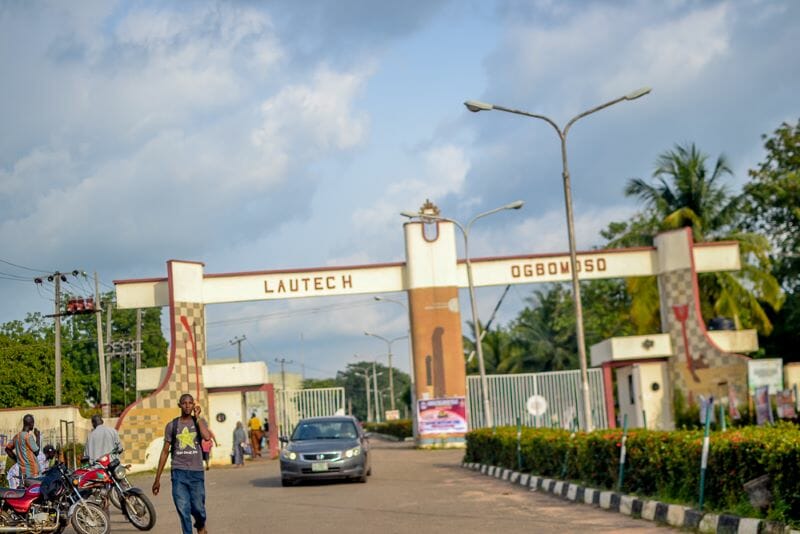Prof Tayo Arulogun, the director of LAUTECH Open and Distance Learning Centre has faulted the increasing rate of graduate unemployment in Nigeria on the current paper-based traditional assessment method in the nation’s universities.
Arulogun said the system had now become counterproductive and should be discarded.
This was contained in a statement released on Monday by Arulogun after a workshop on “Authentic assessment for dual-mode universities in Nigeria,” organised by the LODLC in collaboration with the sponsor, the Commonwealth of Learning (CoL), Canada, which was held on the varsity campus.
He expressed the need for the country to deemphasise certification and focus more on skill acquisition and practical demonstration by students to exhibit their understanding of what they are taught as the only panacea to reverse the trend, saying that was the meaning of authentic assessment.
The professor of Computer System Engineering said as a result of the current method of assessment, there were a number of university graduates with very good grades, including First Class, whose performance at interviews was disappointing and not capable of earning them the job.
He said, “Actually, the problem with our education system is majorly based on our focus on certification or certificate. We prefer people having certificates without having skills to back up that certificate.
“So, the reason why most graduates may not be able to fit in, is that what we have been teaching them or the way we have been assessing them may not make them be able to apply what they have learnt and that’s why some of them are not really employable.”
The director added that the implementation of Authentic Assessment would make education more interesting and less scary for students, thereby eliminating examination malpractice and outright failure for the students with less capacity to express their thoughts on paper.
“This is because students will just have to demonstrate what they have known. There’s no wrong or right answer! You are not likely to fail, because it is practically based and that’s what we need now”, he said.
Earlier in their slides presentation, the facilitators at the workshop, Prof. Godwin Akper, and Prof. Charity Okonkwo gave an example of a First Class graduate of Computer Science from a second-generation university, who did not know how to boot an Apple desktop computer.
They, however, said a Third Class graduate of a third-generation was able to write programs used for the virtual examination, confirming that the current method of assessment is not the best yardstick to determine intellectual expertise.
